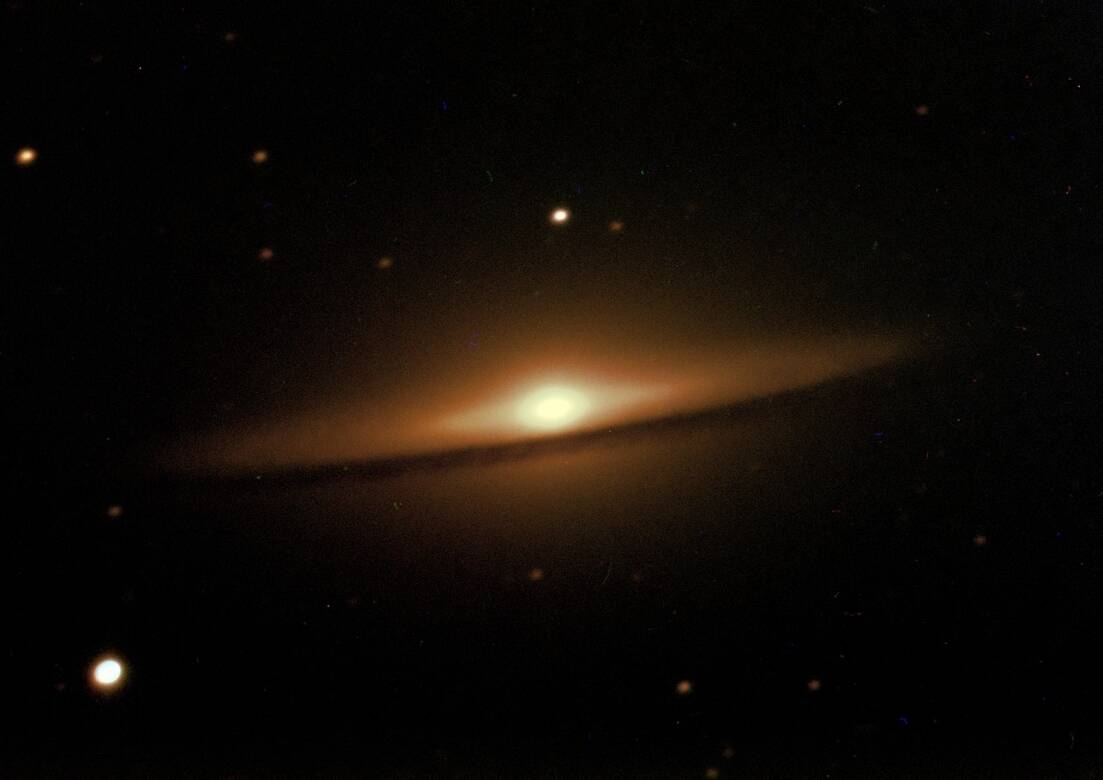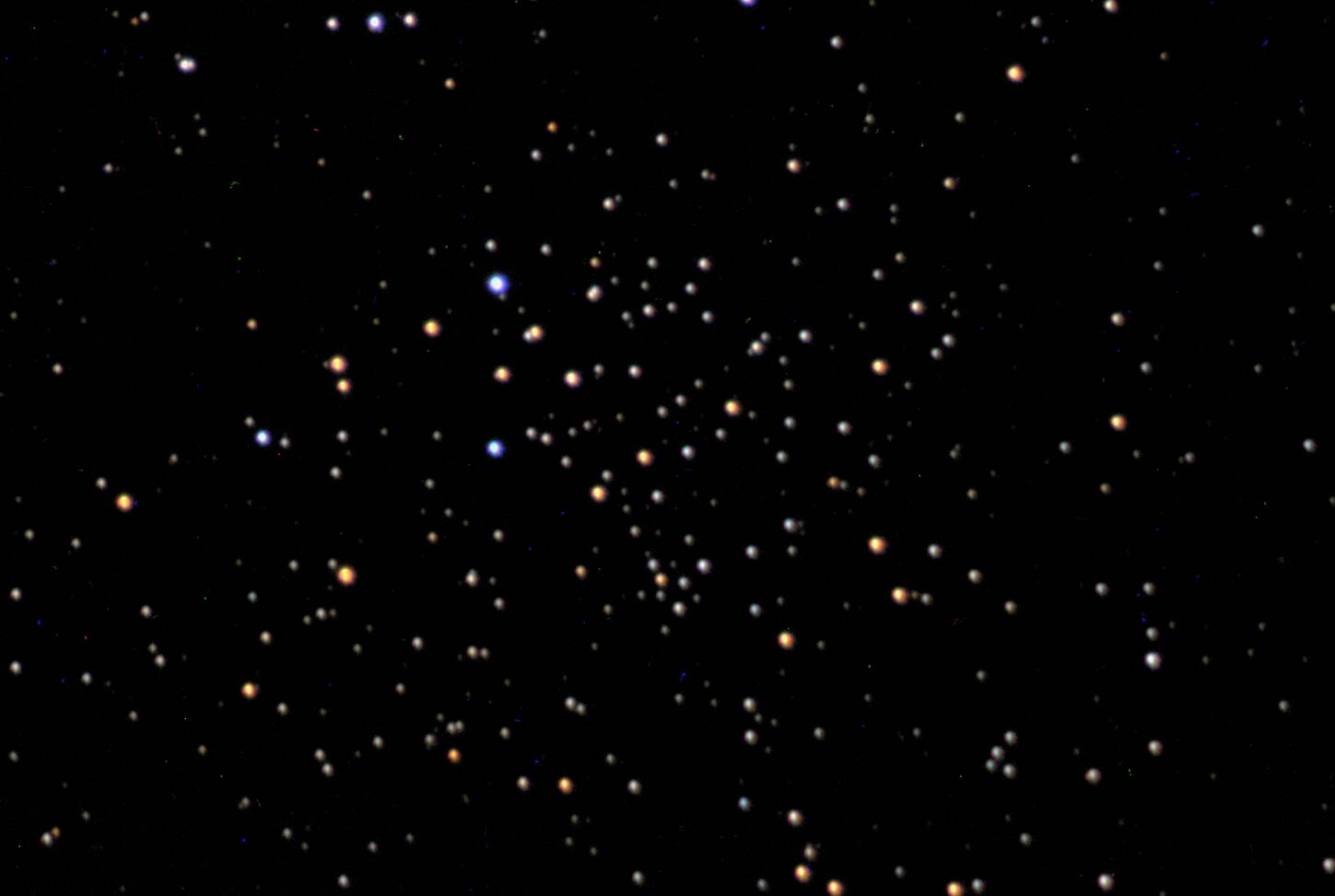The laboratory courses
Two lab courses are offered for the bachelor's and master's degree programs. Please pay attention to the admission requirements for the different laboratory courses. In the following sections the laboratory courses and their target groups are presented:
Astronomical laboratory course
The astronomical laboratory course is addressed to bachelor students. The objective of this course is to get first experiences in handling astronomical instruments and to learn basic astrophysical research techniques. The observations are carried out at the student observatory (OST) at the Institute for Physics and Astrophysics at the University of Potsdam in Golm. There are accompanying seminars (every 14 days) in which the students give talks on basic principles and discuss the results of their observations. To each observation belongs an attestation and a short report. The grading for this module is calculated from evaluations of the attestation, the reports, and the seminar talks.
Astrophysical laboratory course
The astrophysics laboratory course is designed for students in the master's program in physics and the master's program in astrophysics. Based on the knowledge obtained in the bachelor phase, more comprehensive observations are carried out, which also require a more sophisticated analysis. The observations and the associated analyses are designed to give an insight into scientific work. Reports are expected to be more extensive and detailed in comparison to bachelor course. In the accompanying seminar the results are presented and discussed, along with talks to present various laboratory course related topics (techniques, observations, objects etc.). The night observations are carried out at the students observatory (OST) at the Institute for Physics and Astrophysics at the University of Potsdam in Golm. The observation of the Sun will be performed at the Einsteinturm on the Telegrafenberg near the city center.
Useful information to accomplish successful observations and data analyses
Observation appointment and observation preparation
Dates for night observations can be reserved (if you are logged in) via the date booking page. To prepare for the observation it is a good idea to browse the wiki and get familiar with the technology and its operation. Furthermore, we also have articles on Stellarium as well as on Simbad, which can be helpful for observation preparation.
Data evaluation
For the data evaluation there is a computer available, which is located in room 2.009. This computer can be used either directly on site or remotely.
The data analysis in the astronomical lab course is in most cases relatively simple and can mostly be done on your own computer. Nevertheless, for some of the observations we also offer a supervised data evaluation at the laboratory course computer. In comparison, the astrophysics lab course requires much more extensive evaluations, which are based on the routines and programs available on the laboratory course computer.
Quick guides:
Laboratory course computer:
- Convention for directories and filenames on the laboratory course computer
- An Introduction to the Linux Command Shell by Victor Gedris
Observation preparation:
- Brief how-to on the parameter search with Simbad
- Quick guide to Stellarium and how to use it to prepare observations.
Observation evaluation:
Bachelor:
- Brief how-to on Fitswork
Master:
- Brief how-to on the NIST database
- An extensive guide for talk preparations
- General information and details on how to prepare a lab report, including Template

